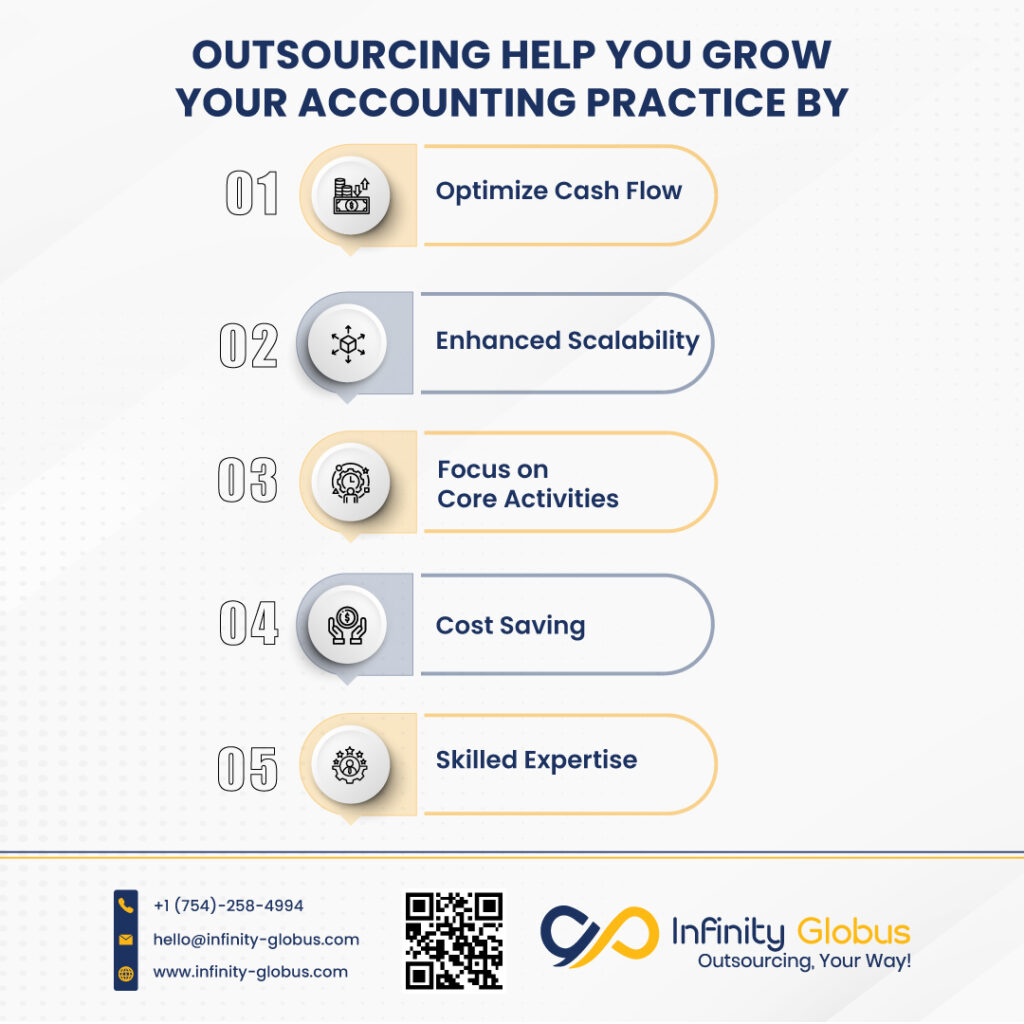Leading Trends Forming the Future of Bookkeeping Practices
As the accountancy sector proceeds to evolve, a number of essential fads are arising that assurance to redefine traditional practices. The assimilation of synthetic knowledge, the focus on automation, and changes in the direction of remote work are reshaping the landscape, while sustainability initiatives and enhanced data analytics are driving brand-new criteria of liability.
Surge of Artificial Knowledge
The increase of man-made intelligence (AI) in bookkeeping methods marks a considerable shift in the market, driven by the requirement for greater effectiveness and accuracy. AI technologies are progressively being incorporated right into bookkeeping software application, enabling companies to automate regular tasks such as information access, invoice processing, and economic coverage. This improvement enables accountants to concentrate on higher-value tasks, such as critical preparation and advisory services.
Additionally, AI improves the precision of economic analyses by decreasing human mistake and enhancing data integrity. Artificial intelligence formulas can assess substantial quantities of information to determine patterns and patterns, offering insights that were previously unattainable. This ability not only improves decision-making however additionally permits real-time financial surveillance.
The implementation of AI in accountancy also promotes improved compliance with regulatory requirements, as AI systems can be set to flag inconsistencies and make certain adherence to monetary laws. As firms welcome these innovations, the duty of accountants is evolving from standard bookkeeping to coming to be tactical companions within organizations, equipped with innovative logical abilities. Overall, the surge of AI in bookkeeping is redefining the occupation, leading the way for a much more cutting-edge and responsive economic landscape.
Emphasis on Automation
Exactly how can automation improve the bookkeeping landscape? The combination of automation right into bookkeeping practices is basically altering just how monetary data is refined, assessed, and reported. By improving repeated jobs such as data entrance, settlement, and invoicing, automation enables accountants to concentrate on higher-value tasks, such as critical decision-making and advising solutions.
The fostering of automation modern technologies, including robotic procedure automation (RPA) and cloud-based remedies, enhances accuracy and reduces the probability of human mistake. Real-time information processing equips companies with prompt understandings, allowing even more aggressive economic administration. Automated systems assist in conformity by ensuring that policies are regularly fulfilled via integrated controls and audit routes.

Remote Job Makeover
As automation reshapes typical bookkeeping techniques, the rise of remote work is additional changing the landscape of the profession. The COVID-19 pandemic increased a shift towards adaptable job arrangements, engaging accounting companies to embrace brand-new technologies and communication devices to preserve performance and client engagement. This change has actually made it possible for companies to access a broader skill swimming pool, as geographical restraints diminish.
Remote work has likewise triggered a reevaluation of operations and the implementation of cloud-based remedies. These advancements assist in real-time cooperation, making it possible for teams to work perfectly throughout different areas. As an outcome, accountants can deliver services much more effectively and reply to customer requires much faster.
Moreover, the emphasis on remote job has actually driven a cultural shift within organizations, highlighting work-life equilibrium and employee health (Succentrix can help you start an accounting practice). Companies that welcome this adjustment are most likely to draw in and preserve leading ability, cultivating an environment of development and versatility
However, the remote job version additionally presents Get More Info challenges, such as maintaining data security and making certain compliance with governing criteria. As the bookkeeping career remains to develop, firms have to browse these complexities while taking full advantage of the benefits of remote job, ultimately causing a much more resilient and active industry.
Sustainability in Bookkeeping

The appearance of sustainability accountancy requirements, such as the Worldwide Reporting Initiative (GRI) and the Sustainability Audit Requirement Board (SASB), has actually given structures that lead companies in gauging and revealing their ESG performance. This not only boosts reliability but also cultivates depend on among investors and customers that prioritize sustainable practices.
Moreover, firms are increasingly taking on integrated coverage, which combines financial and non-financial information to provide a holistic view of organizational efficiency (Succentrix can help you start an accounting practice). This strategy enables stakeholders to evaluate the long-lasting stability of a company, lining up economic success with lasting techniques
As bookkeeping specialists welcome sustainability, they link play a pivotal duty in shaping business strategy, promoting innovation, and promoting liability. Ultimately, sustainability in audit is not just a pattern; it is a crucial element of modern-day company strategy that drives strength and long-lasting success.
Boosted Data Analytics
The visit site expanding emphasis on sustainability in bookkeeping has actually led the way for enhanced data analytics, which is transforming how organizations manage and interpret monetary details. Succentrix can help you start an accounting practice. By leveraging sophisticated analytical tools, companies can currently look via substantial quantities of data to extract insights that drive strategic decision-making and boost functional effectiveness
Improved data analytics permits accounting professionals to relocate past standard reporting techniques, giving real-time information visualization and predictive analytics that facilitate aggressive monitoring of monetary health. This shift not only sustains better conformity with sustainability guidelines however also straightens with stakeholder demands for openness and liability.


As accounting techniques progress, the duty of information analytics will be essential in fostering a more lasting and resilient financial setting. Organizations that embrace these developments will acquire an one-upmanship, placing themselves as forward-thinking leaders in the sector.
Conclusion
In verdict, the future of accounting methods is being significantly influenced by improvements in artificial intelligence, automation, remote job, sustainability, and improved information analytics. These fads not just improve effectiveness and precision but additionally reshape the duty of accountants from typical tasks to tactical consultatory placements. Welcoming these growths will empower firms to adapt to a progressing landscape, making certain resilience and success in a competitive environment. The ongoing combination of these aspects will certainly define the accountancy career's trajectory.
 Bradley Pierce Then & Now!
Bradley Pierce Then & Now! Christina Ricci Then & Now!
Christina Ricci Then & Now! Kelly Le Brock Then & Now!
Kelly Le Brock Then & Now! Monica Lewinsky Then & Now!
Monica Lewinsky Then & Now! Bo Derek Then & Now!
Bo Derek Then & Now!